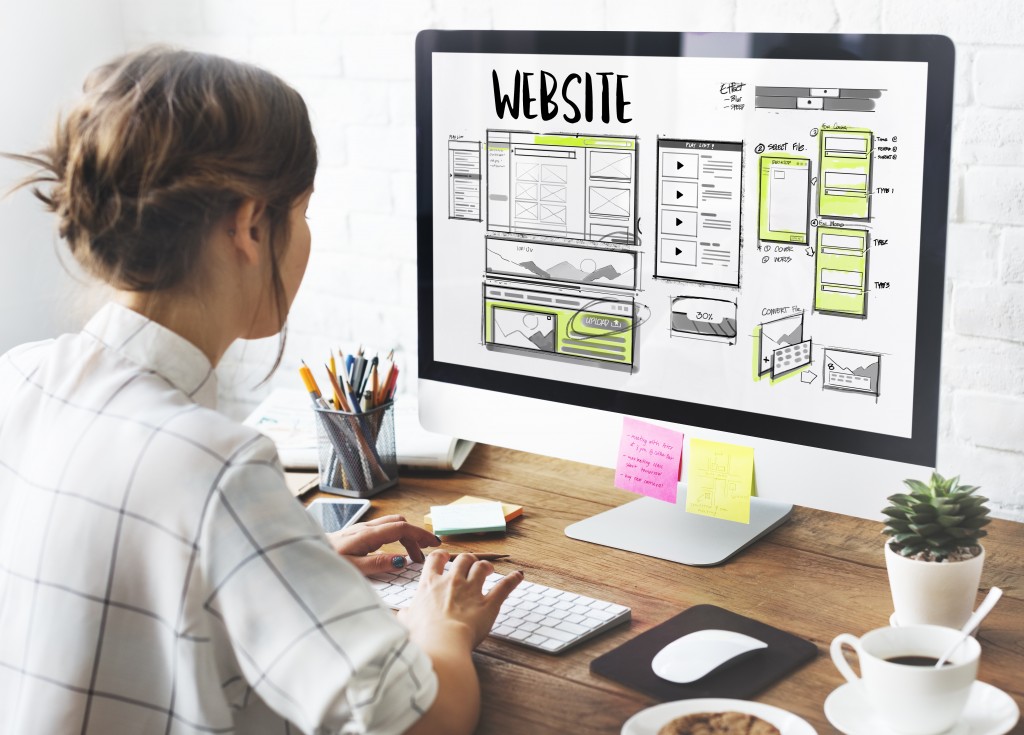The goal of every business owner is to serve the customers and make money at the same time. That is why most entrepreneurs keep finding ways to improve their products or services, as well as gain more customers. A small business, for example, could benefit from a professionally designed website.
Who would have thought that a small business would need a website? Well, marketing experts say that having a website is like having a virtual sales representative that is available and working 24/7. There is no day-off because the site is live throughout the year.
But to become successful and effective, a small business website must possess a variety of important elements. Here are some of the most important ones:
Targeted Content
It’s normal for small business owners to aspire for growth and expansion. Targeting a bigger market is the goal, as it will mean more business and bigger income. But it would make more sense to serve and satisfy the local market first. Your website should do the same.
You can achieve this by creating content that speaks to the locals and the visitors as well. A reputable provider of local SEO services can help you with this. For example, if you own a small bakeshop or a deli store, you can highlight the products that are popular and in demand in your locality so that your customers will be enticed to buy. Visitors will also learn about your business easily if you have a website.
Appropriate Design and Features
Are you running a small online selling business or a food business that offers delivery services? Perhaps you own a computer repair shop or a water station. If you want your customers to know more about your business, you need a website with an appropriate design.
If you are selling items online, you need an e-commerce site where you can post your products and describe them in the best way you can. While you can still sell on social media and other platforms, having a website makes your business look more legitimate, professional, and trustworthy.
Your site should have the right features and functionalities, such as an online payment system, zoom in and zoom out buttons, clear photos, and a search and filter button, to name a few.
Seamless User Interface

The user interface determines how easy and fluid it is to use your website. Are the buttons organized and easy to find? Does the site load quickly? The appearance of the pages, including the resolution and the placement of the content is also important. The systems and software or widgets should also work seamlessly.
Responsive Design
Now that more people are relying on their mobile phones when searching for products or services, it’s important to have a website that works on all mobile devices. Customers will easily find your business if they can navigate your site on their smartphones. The content and other elements adjust to fit in the smaller screen, making your site useful for people who are always on-the-go.
With these elements present on your website, your small business will thrive. Soon, you can target a bigger market or expand your operations to different locations.

